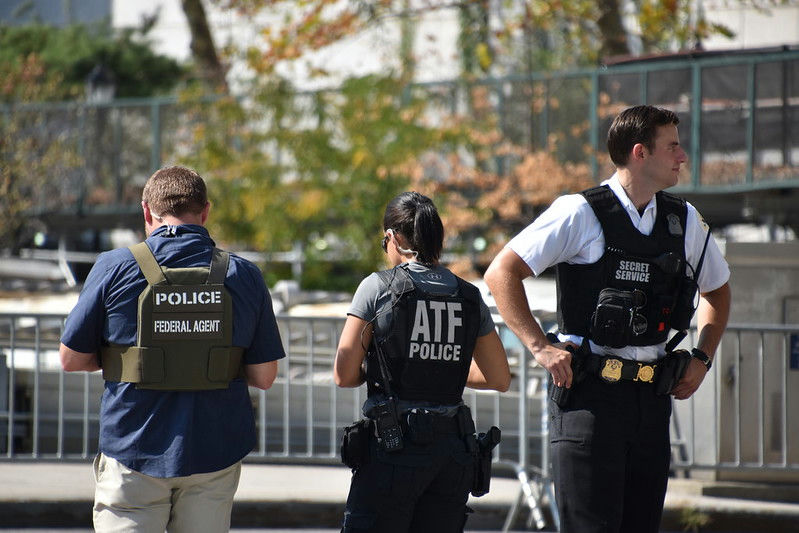What drives a man to target the NFL over a disease he can’t even confirm he has?
Shooter’s Misguided Targeting of the NFL
On July 29, 2025, Shane Tamura, a 27-year-old Las Vegas casino security worker, entered 345 Park Avenue in Manhattan and opened fire. His intended target was the NFL headquarters, but due to a navigation error, his rampage occurred in other parts of the building. Tamura killed four people and wounded an NFL employee before taking his own life. A note on his body blamed the NFL for his mental health struggles, specifically referencing CTE, a disease linked to repeated head trauma commonly found in contact sports athletes.
This tragic event raises serious questions about individual responsibility and mental health. Tamura’s claim of having CTE, a condition that can only be definitively diagnosed post-mortem, remains unverified. By targeting the NFL, Tamura highlighted longstanding issues about the league’s handling of brain injuries, which has been a contentious topic for years.
CTE and the NFL: A Complex Relationship
The NFL’s history with CTE is fraught with controversy. Despite numerous lawsuits and settlements related to brain injuries, the league has often been accused of downplaying the risks associated with repeated head trauma. This incident brings back to light the need for more comprehensive research and support systems for athletes at all levels, not just the professionals who fill stadiums every Sunday.
Lefties and Righties when they learn Midtown Manhattan shooter Shane Tamura was a nonpartisan independent who was angry at the NFL pic.twitter.com/Dxc3gQsign
— Bruno Sarducci

(@dudeonthebay) July 29, 2025
The NFL has faced public scrutiny and legal challenges over its handling of CTE cases among former players. However, Tamura’s case is unique because he never played professionally. His actions suggest a broader societal impact of the NFL’s concussion crisis, extending beyond the field and into the lives of former athletes and fans.
Implications for Mental Health and Sports Safety
The repercussions of this shooting are far-reaching. In the short term, there will undoubtedly be increased security measures at NFL headquarters and similar high-profile locations. For the families of the victims, the loss is immediate and devastating. In the long term, this tragedy could lead to renewed scrutiny of the NFL’s policies regarding CTE and player safety.
This case also highlights the urgent need for mental health interventions for athletes. While Tamura’s self-diagnosis remains unproven, it underscores the importance of distinguishing between personal mental illness and institutional responsibilities. There is a growing demand for sports leagues to address the mental health challenges faced by athletes, especially those dealing with the aftermath of their sports careers.
Broader Social and Political Impact
The shooting has intensified debates about gun violence, mental health, and the responsibilities of sports organizations. Politically, this could lead to calls for legislative action on gun control and athlete health protections. Socially, the incident raises awareness about the real and perceived impacts of CTE and mental health issues in sports.
POV: CNN after realizing NYC sh
ter Shane Tamura isn’t white. pic.twitter.com/9S0K23cAQ9
— The Outlaw Patriot (@OutlawPatriotX) July 29, 2025
Economically, the NFL could face increased costs related to security enhancements and potential legal exposure. As the investigation continues, the focus remains on how Tamura acquired his weapon and the motivations behind his actions. The tragedy serves as a stark reminder of the complex intersection between sports, mental health, and violence in society today.
Sources:
Click this link for the original source of this article.
Author: Editorial Team
This content is courtesy of, and owned and copyrighted by, https://ourpatriot.com and its author. This content is made available by use of the public RSS feed offered by the host site and is used for educational purposes only. If you are the author or represent the host site and would like this content removed now and in the future, please contact USSANews.com using the email address in the Contact page found in the website menu.








